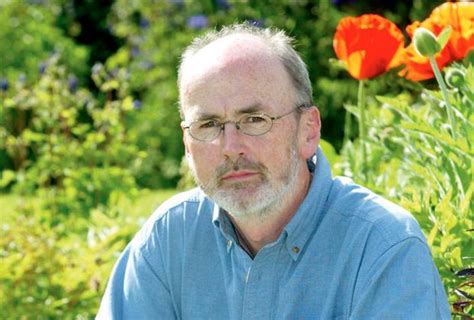A Quote by Martin Heidegger
Related Quotes
Why are there beings at all instead of nothing? That is the question. Presumably it is not arbitrary question, "Why are there beings at all instead of nothing"- this is obviously the first of all questions. Of course it is not the first question in the chronological sense [...] And yet, we are each touched once, maybe even every now and then, by the concealed power of this question, without properly grasping what is happening to us. In great despair, for example, when all weight tends to dwindle away from things and the sense of things grows dark, the question looms.
How is Maggie Rowe compensating for her decision to not have a child? Is what she is doing instead enough to justify that decision? What is she doing instead, and why can't she be better at it? What's keeping her from getting a better overall existence score in comparison to an arbitrary sampling of other human beings?
Why me? Why did this happen? How could I be in Westlife and then have nothing to show for it financially at the end of it? But it's like, why not me? That's just life. It's tough. There's a lot more problems in the world. There are a lot of people who would wish to God they had my problem instead of having a sick child.
Why waste time proving over and over how great you are, when you could be getting better? Why hide deficiencies instead of overcoming them? Why look for friends or partners who will just shore up your self-esteem instead of ones who will also challenge you to grow? And why seek out the tried and true, instead of experiences that will stretch you? The passion for stretching yourself and sticking to it, even (or especially) when it’s not going well, is the hallmark of the growth mindset. This is the mindset that allows people to thrive during some of the most challenging times in their lives.
We have compassion because of the incredible pain and suffering which we as unenlightened beings cause to ourselves and all others through our ignorance. This is why we're trying to get out. This is why the bodhisattva has meaning. Because we're saying, no we won't get out, we won't escape until we've helped all other beings to escape, but most other beings don't even want to escape. They don't even know that there is an escape, and it's hard, so it's going to take an awfully long time.
Human beings are hardwired by however many millions or billions of years to orient toward their own survival. That's why we're tribal people. That's why we're prejudiced people.
That's why we treat women as second-class citizens, that's why we are homophobic, and that's why we make religion a weapon to prove we're superior to other people.
Some people make you feel better about living. Some people you meet and you feel this little lift in your heart, this 'Ah', because there's something in them that's brighter or lighter, something beautiful or better than you, and here's the magic: instead of feeling worse, instead of feeling 'why am I so ordinary?', you feel just the opposite, you feel glad. In a weird way you feel better, because before this you hadn't realised or you'd forgotten human beings could shine so.
The great temptation of Big Data is that we can stop worrying about comprehension and focus on preventive action instead. Instead of wasting precious public resources on understanding the 'why' - i.e., exploring the reasons as to why terrorists become terrorists - one can focus on predicting the 'when' so that a timely intervention could be made.







































